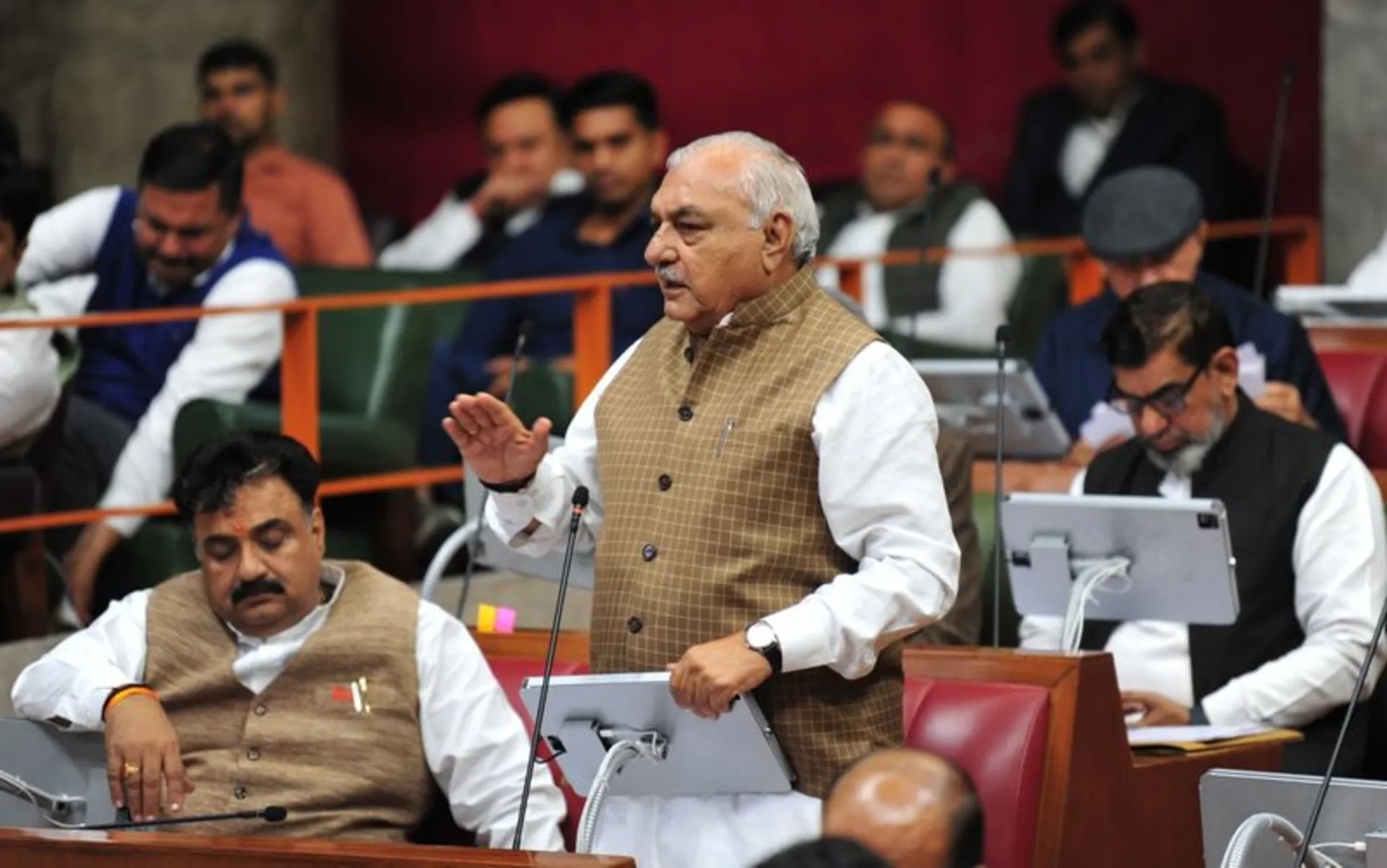
The recent Haryana Assembly elections have left a lasting impact on political discourse in Haryana. Conversations in the streets, households, and local chai shops are filled with concern and introspection. This article seeks to explore the reasons behind the Congress' defeat by capturing the voices of the people of Rohtak. The insights shared below come directly from the residents themselves, ranging from first-time voters to teachers, lawyers, and those deeply engaged in politics.
One perspective to look at is through the organizational structure which is, in the case of BJP, much stronger at the grassroots level than Congress. Congress members are often more vocal but less effective in their work, whereas BJP workers quietly focus on reaching voters at the booth level, with the support of the RSS playing a significant role. Congress, on the other hand, relied heavily on votes from Jats and Dalits, but while majority of Jats remained loyal, the Dalit vote did not happen entirely in their favor. Brahmins, Yadavs, and a majority of OBCs united behind the BJP, leading to a polarization of votes against the Jats. BJP successfully positioned the election as a contest between itself and Bhupinder Hooda, rather than Congress as a whole.
Furthermore, internal factions within Congress continue to undermine the party's integrity. This disunity is seen as a major weakness, with leaders more focused on pulling each other down rather than strengthening the party.
The primary reason for the BJP's victory lies in the transparency that it has maintained in the distribution of jobs, people acknowledge. This has been a significant factor in gathering public trust. On the other hand, the clear and open promises made by Congress candidates, stating that they would allocate jobs through quotas, played a major role in their defeat. These speeches likely raised concerns about fairness and merit, which turned voters away from Congress and towards the BJP.
Another group of individuals expressed complete disinterest in politics, stating that all parties, regardless of which is in power, are essentially the same. They believe that no real change occurs, as the fundamental problems faced by ordinary people and middle-class families remain the same.
After Punjab, an increasing number of families in Haryana are now sending their children abroad for education and work opportunities. This shift is driven by ongoing political power struggles and the persistent issues of job recession and high unemployment rates within the state. Many see overseas opportunities as a more stable and promising path for their children's future.
Congress was in an overconfident position, a few said. But also, people with exactly opposite views commented that there has been no overconfidence on Congress' part, as many individuals from various backgrounds, including general castes, backward classes, and SC/ST communities, express their dissatisfaction with the BJP's decade-long governance. Across both large cities and small villages, people from all sections of Haryana have voiced their unhappiness with the ruling party's actions. At public rallies held by Congress, significant crowds gathered, showing overwhelming support and enthusiasm for the party. This momentum began to build after Congress secured 50% of the seats in Haryana during the Lok Sabha Elections.
Following this victory, the BJP quickly shifted its focus to strategizing for the upcoming elections in Haryana. They identified key constituencies where competition was fierce, understanding that a shift of just 5,000 to 10,000 votes could tip the balance in their favor. To secure these votes, the BJP employed various tactics, including vote-buying and fostering religious and caste-based divisions.
Now, there is no doubt that BJP has invested heavily in political consulting to understand the demographics and voter patterns to strategically decide candidates and craft their campaigns. Their technical expertise, combined with resource strength, gives them a distinct advantage. Congress, on the other hand, seems indecisive, lacking a coherent and consistent policy direction.
Another sentiment which is prevailing among the people is that BJP didn't let the media bubble boggle them. Major media outlets propagated a narrative suggesting that Congress was sweeping through Haryana and Kashmir, creating a false sense of security among Congress workers and supporters. This misleading portrayal led Congress to believe that they were on track for an easy victory. In contrast, BJP went by their daily jobs. Ultimately, these strategies proved successful for the BJP, allowing them to form a government independently.
There are also whispers of possible rigging in some constituencies, a concerning notion. If true, this is deeply troubling.
BJP's organizational unity allow them to dominate the political landscape, while Congress continues to be haunted by the past image of corruption. The outcome of the Haryana Assembly elections has sparked deep reflection and debate among the people of Rohtak and beyond. The future of Haryana's politics depends on whether Congress can overcome its historical baggage and whether BJP can continue to balance its expertise with the needs of the people.















